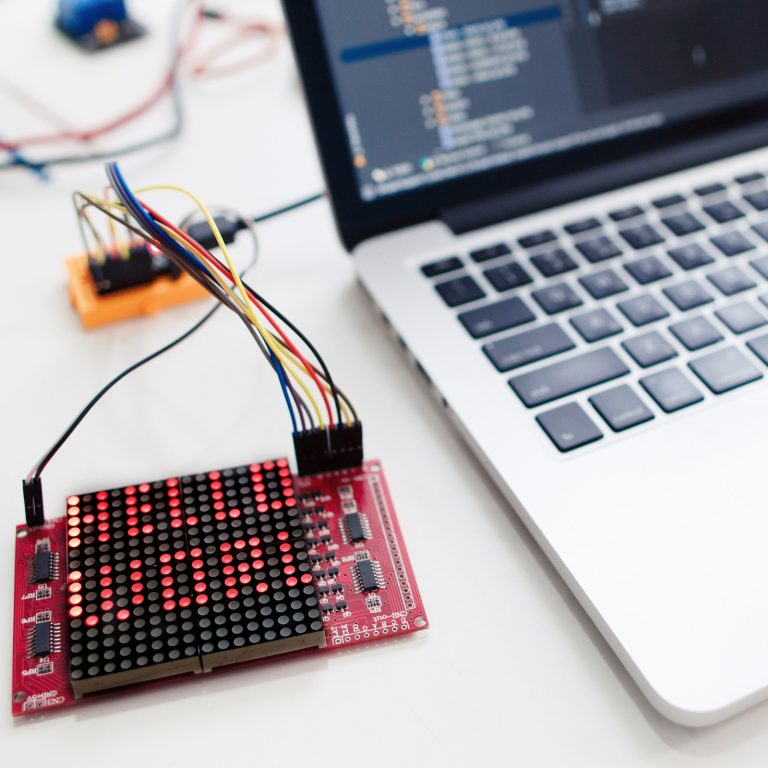2019-7-30 01:09 |
CAPTCHAs, authentication codes, and click-throughs are the scourge of Internet users everywhere. Nobody wants to waste time filling out a form while they’re browsing the web, even if it takes just a few seconds.
But although these systems may be a nuisance, they serve a very important purpose. Blocking bots prevents traffic overloads, reduces DDOS attacks, discourages ad fraud, and protect against login breaches.
Still, there are other ways of accomplishing these things, and several blockchain projects are on the case. These projects aim to improve upon traditional anti-bot systems and maintain that some services remain humans-only.
So, what are these projects working on, and will they make your life easier?
Bot or Not: Identifying Humans Through Historical DataDatawallet and Enigma have teamed up to build Bot or Not, a blockchain-based system that distinguishes human users from bots based on their historical data. This eliminates the need for CAPTCHAs, email verification, and text verification.
Essentially, Bot or Not allows you to import your data from sites like Google, Amazon, and Facebook for verification purposes. It also keeps this data private: Enigma’s Trusted Execution Environment handles data without actually revealing it at any point.
Based on this data, Bot or Not provides websites with a “degree of confidence” as to whether you are a human or a bot. Initially, Bot or Not will be integrated with blockchain-based DApps, but it could conceivably be integrated with regular sites as well.
Privacy Pass: Tokenizing CAPTCHAs and Other PuzzlesPrivacy Pass is a browser extension that relies on CAPTCHAs, but it does so in a way that is a massive time-saver. Basically, it allows you to complete a single CAPTCHA and receive several tokens in return. You can then redeem these tokens to access multiple sites.
Strictly speaking, Privacy Pass doesn’t use cryptocurrency or blockchain tech. It merely uses cryptography as the basis of its token scheme. However, Vitalik Buterin of Ethereum fame has expressed interest in integrating Ethereum tokens, which could bridge the blockchain gap.
Regardless, Privacy Pass aligns with the anonymity values of the crypto community: its tokens are unlinkable, so websites can’t create a composite picture of your browsing habits when you redeem them.
Privacy Pass is now in beta, and you can already try it out.
HCaptcha: Monetizing Data Through the HUMAN ProtocolHCaptcha is monetizing CAPTCHAs through cryptocurrency rewards. This anti-bot service lets website operators get paid if they allow visitors to complete hCaptcha puzzles. It’s a competitor to Google’s reCAPTCHA program, which only benefits Google itself.
On hCaptcha, users label data by completing puzzles, and machine learning companies bid to have their desired type of hCaptcha shown. Part of the rewards then are given to website operators. End users won’t profit, but their work will be put to good use.
HCaptcha is built on the HUMAN Protocol, an Ethereum-based platform that manages human labor datasets for machine learning purposes. Its “Human token” also conforms to Ethereum’s EIP20 token standard, which makes payments transparent and simple.
Geetest: A CAPTCHA Service Involved in the Blockchain IndustryGeetest is a new CAPTCHA service, and like most of its competitors, it is replacing basic transcription puzzles with more intuitive challenges. Most notably, Binance integrated Geetest’s “slide and click” puzzles into its exchange login page last year.
Geetest’s puzzles don’t use blockchain tech, but the company has partnered with DBXChain to build a separate blockchain-based identification platform. This will eliminate the need for password-based login – instead, historical user data will provide a more streamlined login system.
UMine and “Proof-of-Human Work” BlockchainsIf the projects listed above aren’t ambitious enough for your tastes, consider this: researchers have proposed blockchains that rely entirely on human work to achieve consenus. Basically, these blockchains add new blocks as people solve CAPTCHA-like puzzles.
Proof-of-human work, which was proposed in 2016, pioneered this model. Like other projects in this article, it provides a possible basis for password protection schemes and bot detection. However, a blockchain based on this proposal isn’t feasible for various reasons.
UMine was subsequently proposed by researchers in 2018. It uses CAPTCHA-like puzzles in a more workable way, and its main goal is to create an energy-efficient alternative to mining. UMine hasn’t been implemented yet, but its inventors seem optimistic.
Will These Projects Make a Mark?Blockchain-based anti-bot tools could provide a wide array of benefits. First and foremost, they could reduce the amount of work that users need to do in order to prove they are human – making the Internet a much less frustrating place.
Alternatively, these tools could monetize human labor in advantageous ways, or they could provide more efficient login systems. Since there is overlap with other types of tech, the possibilities are not limited to what blockchain can achieve.
In any case, each project will succeed or fail depending on whether it gains adoption – a challenge that all new projects face. Blockchain-based anti-bot tools may find a way to thrive despite this challenge, but only time will tell.
The post Crypto Captcha: Five Anti-Bot Projects For Human Recognition appeared first on Crypto Briefing.
origin »Bitcoin price in Telegram @btc_price_every_hour
Emerald Crypto (EMD) на Currencies.ru
|
|





























